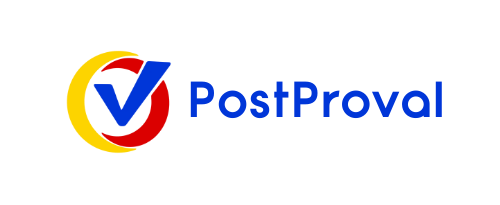As a social media manager, you know that hashtags are essential for increasing your reach and boosting engagement on your posts. But using them effectively can be tricky. In this post, we’ll cover everything you need to know about mastering hashtags and using them to their fullest potential.
What are Hashtags?
A hashtag is a word or phrase preceded by the # symbol. It’s used to categorize content and make it easily searchable on social media platforms. When you click on a hashtag, you’ll see all the posts that include that hashtag.
Why are Hashtags Important?
Hashtags are important because they can help you reach a wider audience and increase engagement on your posts. Here are some benefits of using hashtags:
- Increased reach: By using hashtags, you can reach people who are interested in the topics you’re posting about, even if they don’t follow you yet.
- Improved engagement: Hashtags make it easier for people to discover your content and engage with it.
- Brand awareness: By using branded hashtags, you can increase brand awareness and encourage user-generated content.
How to Use Hashtags Effectively
- Research Hashtags
Before you start using hashtags, it’s important to research which ones are relevant to your brand and your audience. Here are some ways to research hashtags:
- Look at what hashtags your competitors are using
- Use a hashtag generator tool
- Check trending hashtags on social media platforms
- Use Relevant Hashtags
When you’re using hashtags, make sure they’re relevant to your post and your audience. Don’t use hashtags just because they’re popular. Here are some tips for using relevant hashtags:
- Use hashtags that describe the content of your post
- Use location-based hashtags if relevant
- Use branded hashtags if you have them
- Use the Right Amount of Hashtags
Using too many hashtags can make your post look spammy and decrease engagement. On the other hand, not using enough hashtags can limit your reach. Here are some guidelines for using the right amount of hashtags:
- Instagram: Use between 9-11 hashtags per post (and max. 20)
- Twitter: Use between 1-2 hashtags per tweet
- Facebook: Use 1-2 hashtags per post
- LinkedIn: Use 1-3 hashtags per post
- TikTok: Use 3-5 hashtags per post
- Pinterest: Use 2-8 hashtags per post
- Mix Up Hashtags
Using the same hashtags on every post can make your content look repetitive. Mix up your hashtags to keep your content fresh and reach different audiences. Here are some ideas for mixing up your hashtags:
- Use trending hashtags
- Use hashtags related to holidays or events
- Use niche hashtags related to your industry
- Analyze Your Hashtag Performance
Finally, it’s important to analyze your hashtag performance to see which ones are working for you and which ones aren’t. Here are some metrics to track:
- Reach: How many people saw your post because of the hashtag
- Engagement: How many likes, comments, and shares did your post get because of the hashtag
- Clicks: How many people clicked on the hashtag to see more content
By tracking these metrics, you can adjust your hashtag strategy and improve your engagement and reach.
Conclusion
Hashtags are an important tool for social media managers to increase reach, improve engagement, and build brand awareness. By researching relevant hashtags, using the right amount of hashtags, mixing up your hashtags, and analyzing your performance, you can use hashtags effectively and boost your social media presence.




